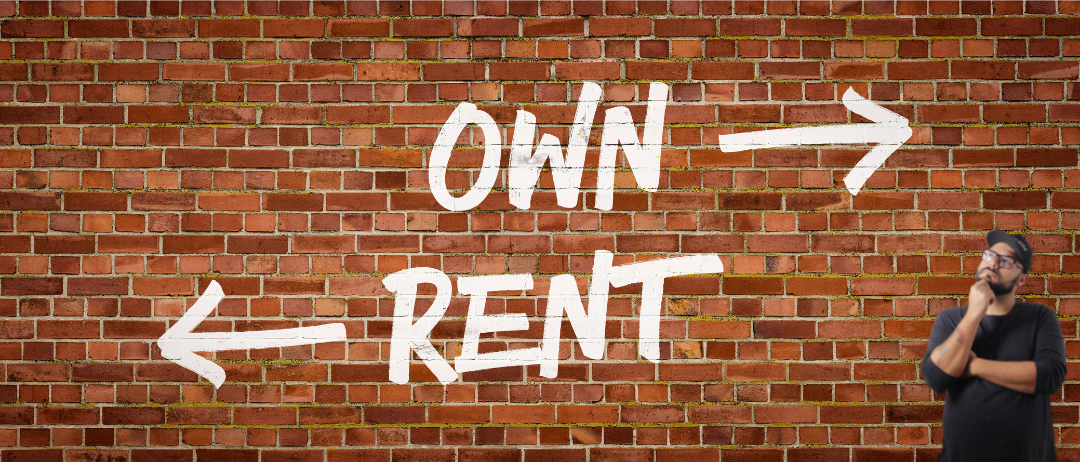How to Save for a Down Payment While Renting
Posted by Infinity Admin on

Renters across Canada have been struggling with rising rent costs and wondering how they will be able to save for a down payment while renting. However, with some money management tricks and adjustments to your daily living, you can save for a down payment. It might go slowly, but every little bit helps. Here are some tips to save for a down payment while renting.
1. Make a Budget and Stick to It
Making a budget is the easiest way to make your financial goals happen. When you have a plan for where your money is going, it puts the power back in your hands and gives you an idea of how long it will take to save for a down payment.
To make a budget, write down your monthly income. Then, list your monthly expenses, including your savings goal.…
418 Views, 0 Comments

.png)






